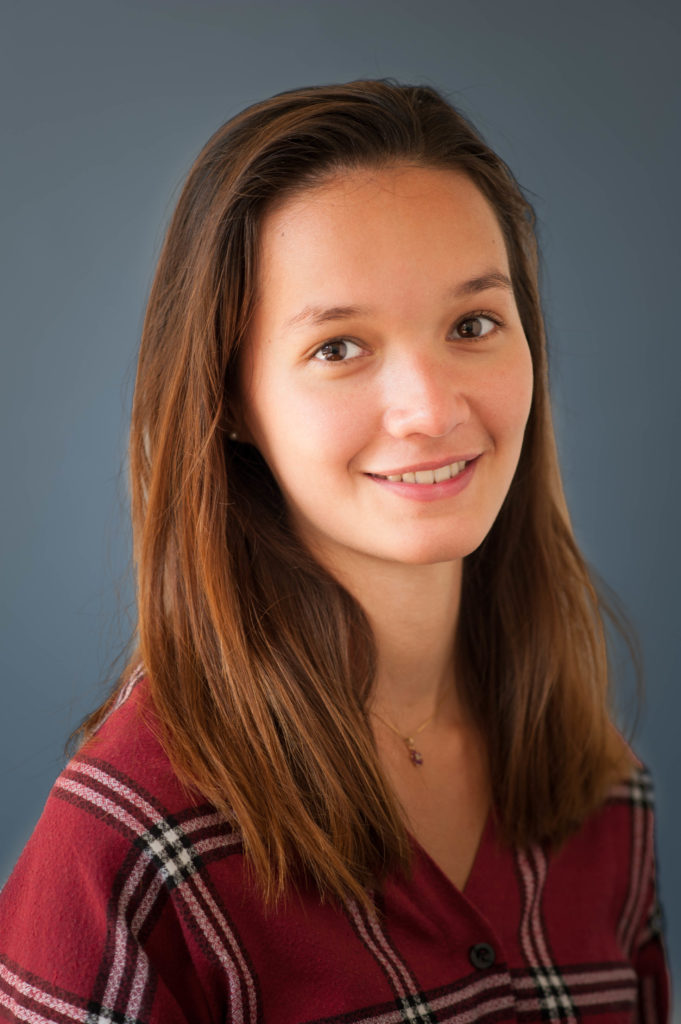
Capucine started her PhD in October 2019 after graduating with an MEng in Materials Science and Engineering from Imperial College London. Her research aims to optimize tandem III-V semiconductor/Si solar cells. Such solar cells will play a crucial role in the future large-scale implementation of photovoltaic technologies exceeding 30% efficiency if their costs can be reduced.
Her PhD is a collaborative project between the IPVF and the C2N and focuses on the fabrication and characterisation of the tandem top cell, composed of GaAs-based core-shell nanowires directly grown on silicon substrates by molecular beam epitaxy. With their large surface-to-volume ratio and small contact area with the Si substrate, nanowires can effectively solve the lattice and thermal expansion mismatch issues between the high-performance III-V epilayers and the mature low-cost Si substrates. Nanowires also exhibit enhanced light trapping mechanisms resulting in excellent light absorption which in turn decreases the amount of material required and hence the cost of the solar cell. However, the epitaxial growth of high-quality nanowires is complex and many advanced optoelectronic characterisation techniques are used to study the effect of different growth parameters on the nanowire-cell performance.



